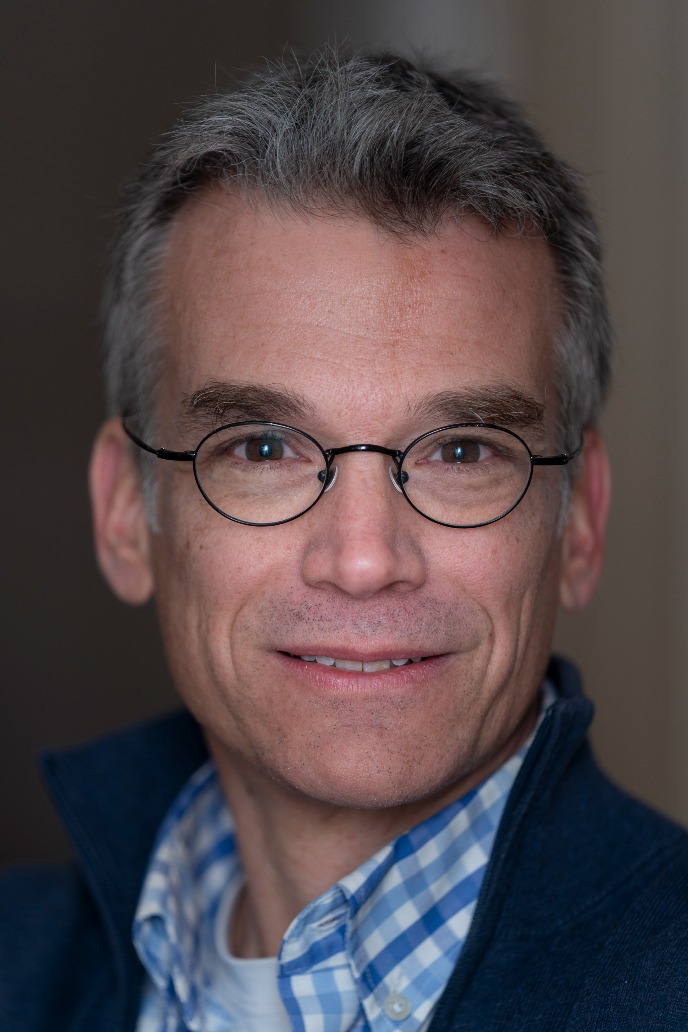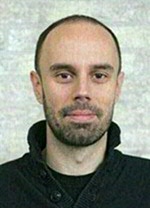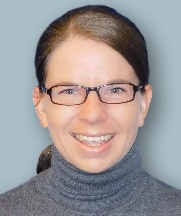Overview



Towards a quantitative understanding of dynamic systems
During their lifetime, cells face a multitude of challenges due to changes in the internal or external environments of the cell, e.g. changes in nutrient availability. In order for cells to adapt to these changes, they have to constantly monitor their environment, integrate the available information and coordinate an adequate molecular response. The underlying biochemical networks are therefore inherently dynamic and adaptive information processing systems. Although many of the players and mechanisms involved are known, we are still far from an actual quantitative understanding of the complex orchestration of these processes.
To tackle these questions in an integrated manner, we combine experimental analyses in model systems from yeast to frogs to humans with computational modeling. On the experimental side, we exploit most of the classical methods (biochemistry, molecular biology, physiology), but also use high-throughput methods (such as 13C flux analyses, and metabolomics/proteomics) as well as single cell approaches (such as time-lapse microscopy in combination with microfluidics, optogenetics for perturbation). On the computational side, we use computational modelling as well as top-down analyses of large-scale data sets. Next to using these tools, we also develop new methods for efficient parameter inference, model selection and uncertainty quantification for complex biochemical network models, as well as develop new ways to model metabolism and cell cycle.
The Molecular System Biology unit hosts the groups of Prof. Matthias Heinemann, Dr. Andreas Milias-Argeitis and Dr. Julia Kamenz. Matthias is mainly interested in generating a quantitative understanding on primary carbon metabolism and its interconnection with the cell cycle. Andreas focusses on the interplay of the cell cycle and signaling pathways controlling cell growth using a combination of experiments and mathematical modeling. Julia investigates how reversible protein phosphorylation by an intricate network of kinases and phosphatases promotes faithful cell proliferation.
| Last modified: | 02 April 2025 2.39 p.m. |
